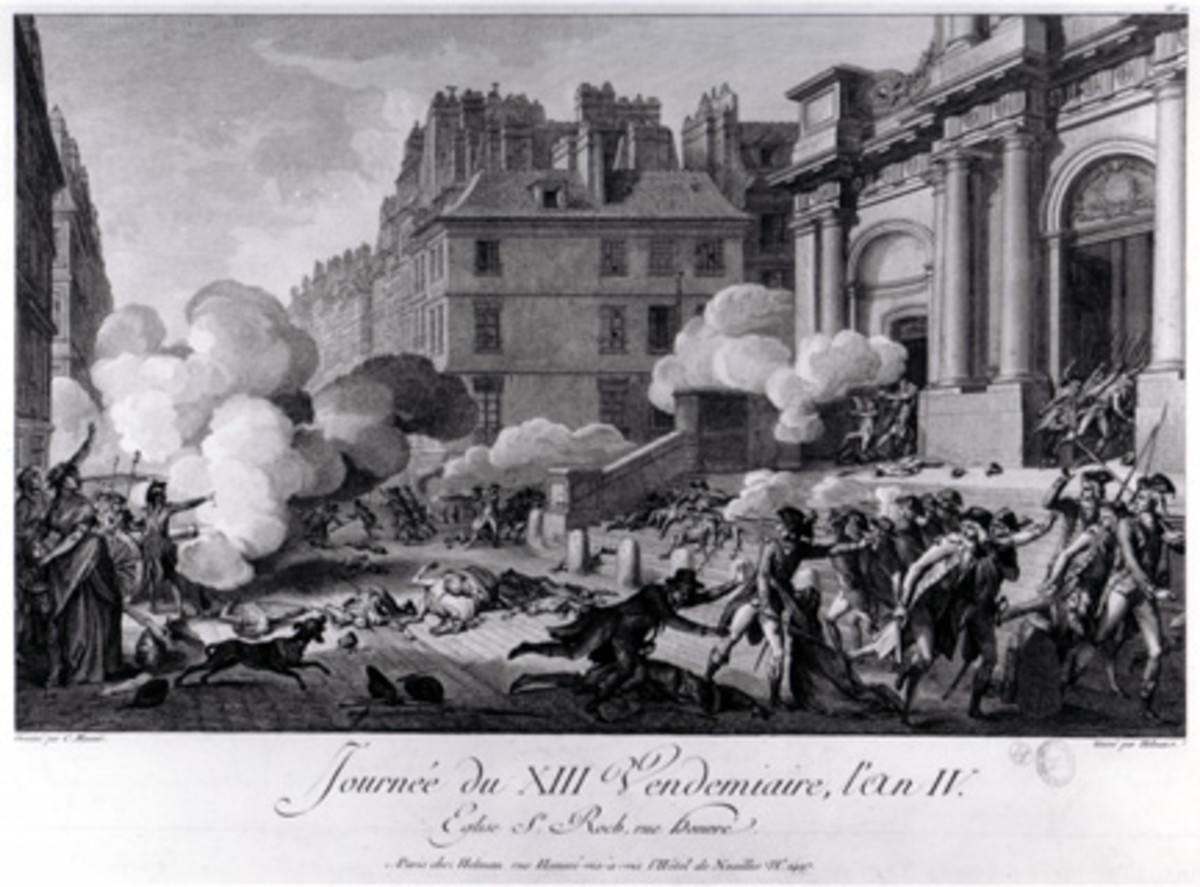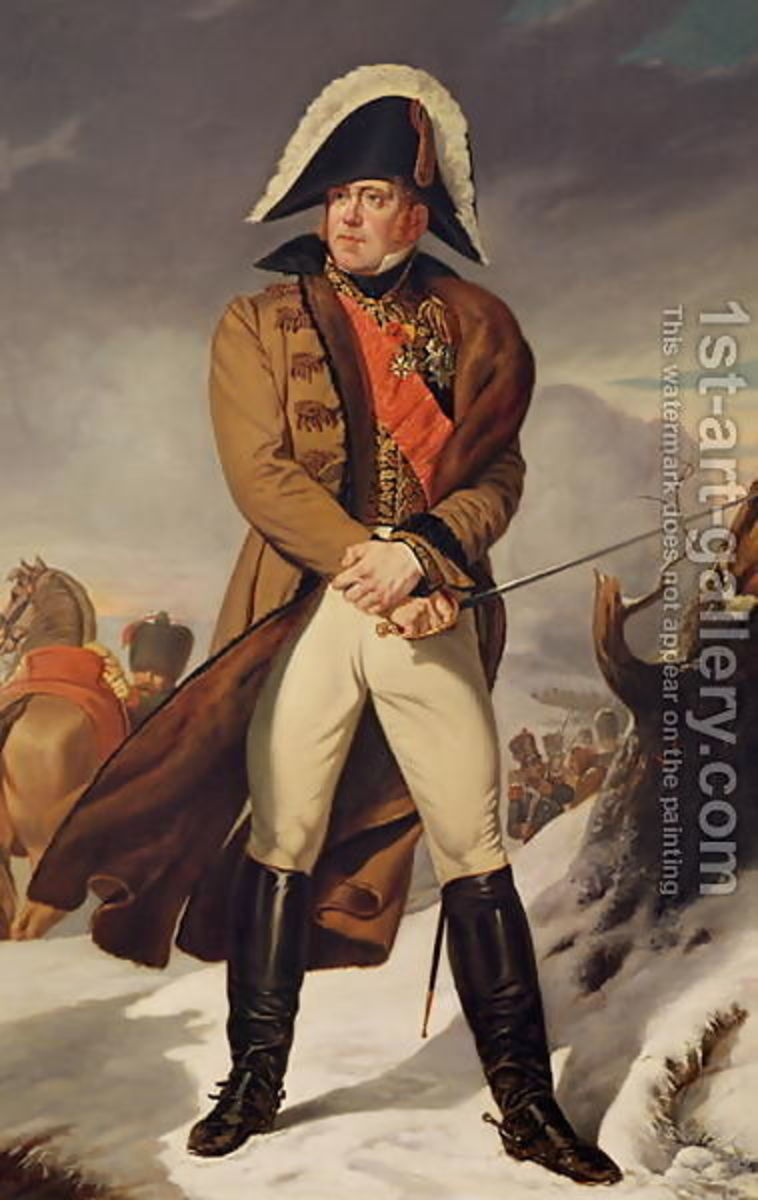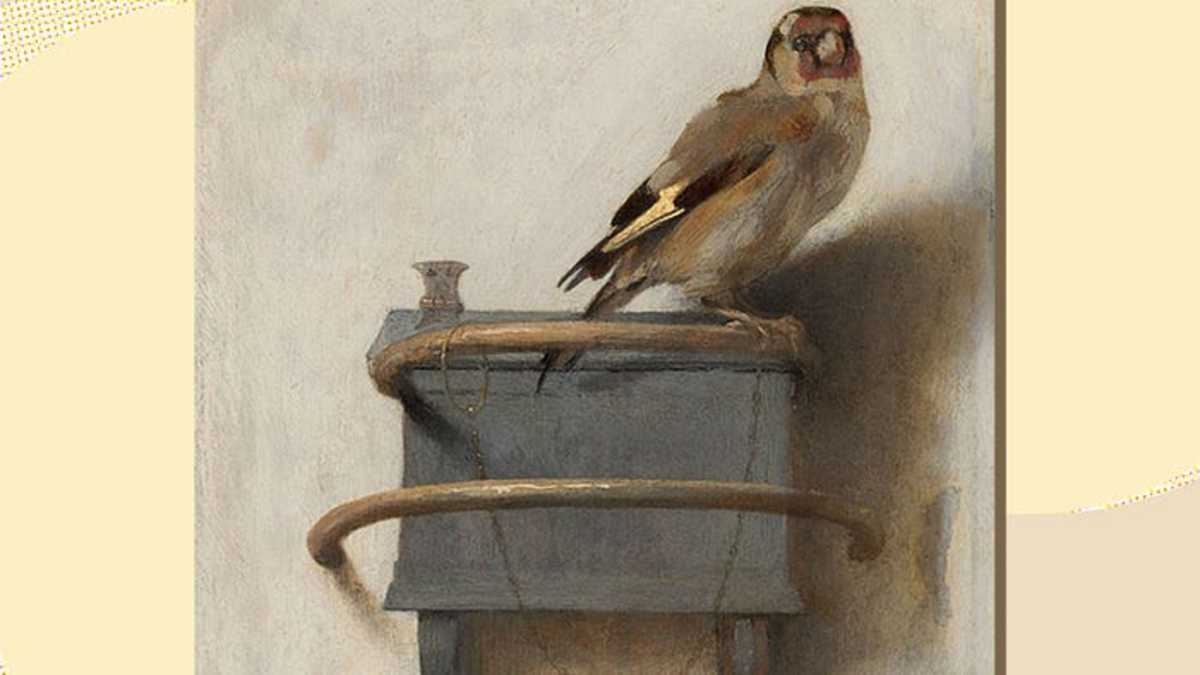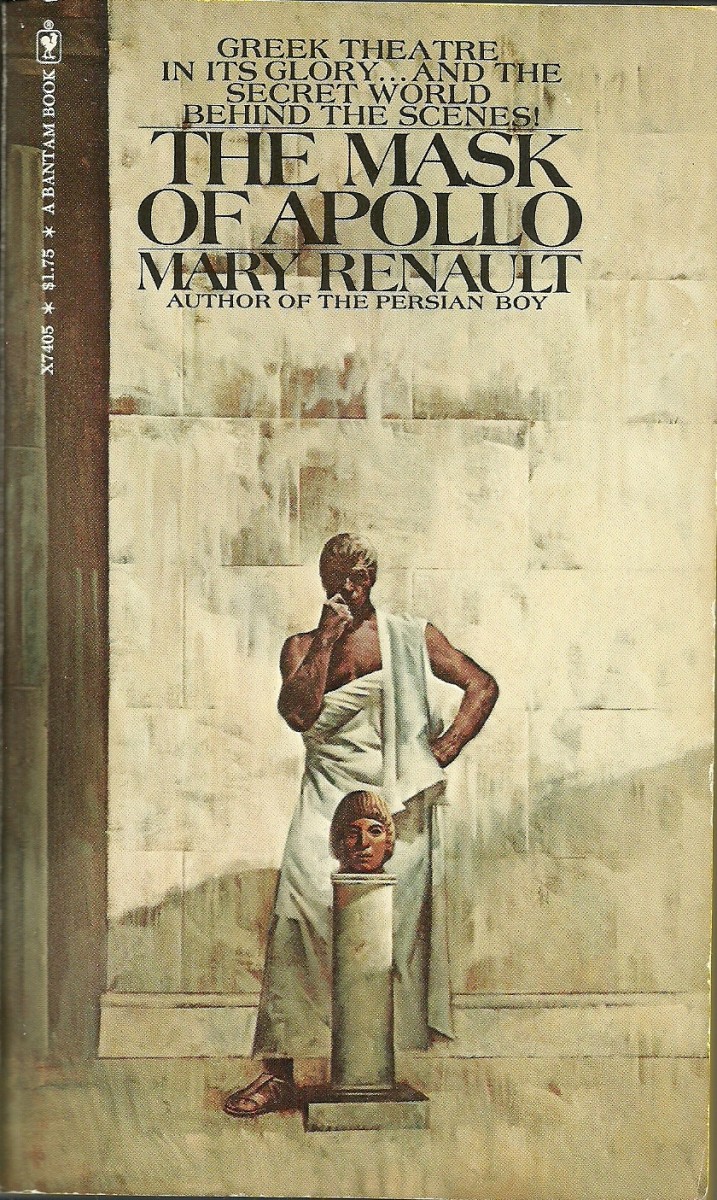Le Second Empire: Politique, Société, Culture, Review
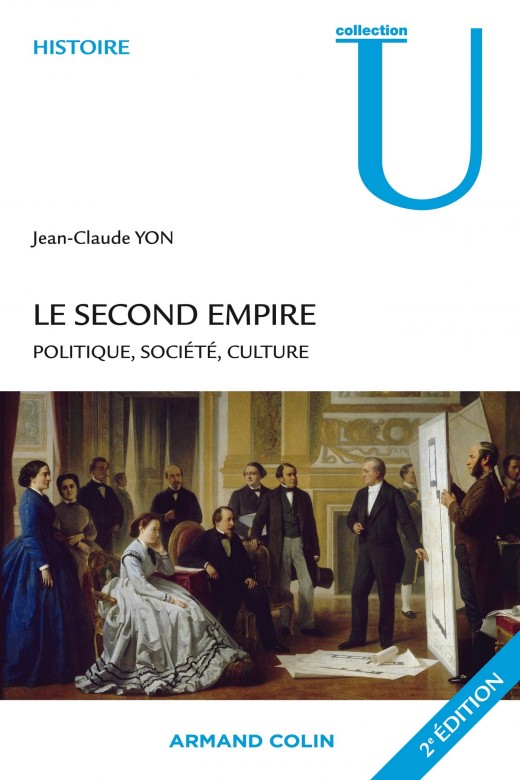
Napoleon III's Second French Empire, extant from 1852 to 1870, has generally not been that kindly remembered by history. Marx famously would compare Napoleon III to Napoleon I, noting that history repeats - the first time as a tragedy, the second time as a comedy. The French III Republic, which replaced the Second Empire, would paint a dismally negative view of the Empire, as decadent, corrupt, farcical, short-sighted, and despotic. And yet at the same time, if opinion continues to be broadly negative about the Empire, there have been occasional attempts to rehabilitate it, and a more broad based historical perspective which has come to see it as the regime where truly "modern" France was born, when France entered the modern industrial age and its contemporary culture, way of life, and mindset came into being. Jean-Claude Yon's book, Le Second Empire, Politique, Société, Culture, broadly reflects this: within its pages one will be hard pressed to find any particularly polemical arguments, and as a rule it prefers to stick to rather noncontroversial and empirical analyses of the empire. But at the same time it represents the way in which the modern view of the empire, both taking into account its failings, but also viewing it as a pivotal moment in the development of France internally, has come to dominate the contemporary historical view of the era.
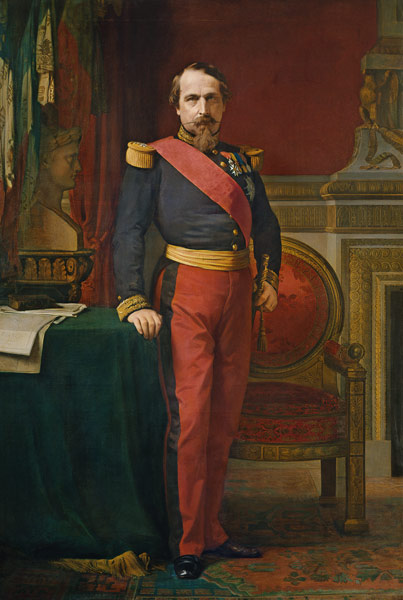
The first section of the book is devoted to the subject of the political development of the French Second Empire, starting with Napoleon III himself and what sort of individual he was - generally casting a positive light upon him, although noting some of the flaws that sometimes made him a notably less effective administrator than his uncle, Napoleon I, was. It continues onward with how the empire came into being, its reforms and institutions, and the workings of the relatively authoritarian first part of the Second Empire - the 1850s - followed by its more liberal second iteration, the "liberal empire" of the 1860s, which saw the gradual adoption of reforms which over time led it in a more parliamentary and liberal direction, in contrast to the illiberal democracy, or populist authoritarianism, which had marked the 1850s.
Foreign and colonial policy is a relatively slim part of the book, with a part dedicated to the French intervention in the Crimean war, followed by the Imperial Italian policy (complicated by the domestic interests of French catholics who had no wish to see the temporal power of the pope curtailed by the rising forces of Italian nationalism), the French intervention in Mexico, and the final run up to the Franco-Prussian War with the Austro-German conflict prior. The Empire did manage to, as it had hoped, undo the 1815 order which had been prejudicial to France: unfortunately the new order would be even more so. This section also concerns French economic expansion, focusing particularly upon infrastructure and public works, the new signs of modernity brought about by developments such as the department store, and the standard of living in the rural and urban regions of France at the time.
A third and final component of the book is devoted to cultural and intellectual affairs, starting with religion under the 2nd Empire, Catholicism both richly evolving in of its own right and at the same time forming both a crucial pillar and source of opposition to imperial policy in regards to Italy and the pope. Judaism and Protestantism had their roles to play as well. Education and science are also discussed.
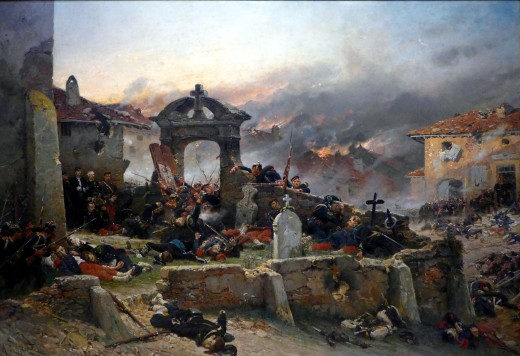
A final brief conclusion covers the end of the empire, with its rather abrupt and dismal collapse during the Franco-Prussian War, accompanied by the difficulty in posing a verdict upon this moment in French history: the author contenting himself with a quote from Gambetta, a famous firebrand French republican, that despite its many problems, despite its weaknesses and failings, in the end, the French Second Empire was the birthplace of modern France.
Devoted principally to internal affairs, foreign affairs, even if they are covered in the second chapter, generally are not discussed in great detail. So too, the colonial policy of France is not given great interest. This is a history of France which focuses above all else upon Metropolitan France, to the exclusion of foreign affairs and the history of France outside of the hexagon. They principally receive comment, outside of the relatively small section dedicated to them themselves, as they impinge upon other factors of France.
This focus on internal affairs however, is clearly one where the author is well versed, with particularly good understandings of cultural, economic, and social transformations. Few other works combine the obvious familiarity with the general events of history from the period with such an intimate knowledge of the arts, such as painting, the opera, music, literature, and sculpture. Many books are content with providing a simple look into some of the obvious elements of popular culture from the time and the ways in which the lives of the common people changed, or did not change. This book does do this, but it goes above and beyond and provides an excellent reference for the cultural developments which were present in this period of French history. Particular note too should be drawn to the Parisian expositions, with the universal expositions of 1855 and 1867.
The writing which enables this book to unfurl itself is generally simple, direct, and comprehensible, if hardly elegant - for example, it has made the decision, seemingly increasingly common in French books, to not utilize the passé simple, opting instead for the passé composé, or more often, for simply using a present narration of the past. Again, the book is hardly a stirring or rousing one, but it generally gets the job done.
Another element which is intermixed is that of quotes from the epoch, although to be frank, I found few of them particularly interesting or enlightening. As some examples, concerning the bourgeoisie and social stratification, a quote was given on "Les concenances bourgeoises : l'exemple des visites, from the Comtesse de Bassanville in the Code du cérémonial, guide des gens du monde dans toutes les circonstances de la vie, Paris, Alfred Duquesne, 1869, or about the teaching of history, there is "Seignobos décrit enseignement de l'histoire sous le second Empire", found in Introduction aux études historiques (1898), from Charles Seignobos, cited by Patrick Garcia and Jean Leduc in 'L’Enseignement de l'histoire en France de l'Ancien Régime à nos jours", from Armand Colin in 2003. These are both useful and interesting texts revealing the social mores present at the time and provide excellent windows into French life, but most I find are rather dry and add little additional information.
Despite these limitations, the book is an invaluable reference and general work to help understand the French Second Empire, particularly useful upon cultural subjects I would say, providing an understanding of how "Modern France", based on a mass society and universal popular culture, came into being. This is, as I noted above, hardly a radical position these days, and is academic orthodoxy. But it is one which is well presented in the book. If one has an interest in French 19th century history, then this book makes both a good reference and a good introduction. Certainly, being a general history book, other ones are required for specialist subjects - foreign policy, the military, the war of 1870, colonialism, social transformations and more in depth looks at the great reforms brought about by Haussmann and public works, and many others, are ones which are looked upon but could benefit from additional detail, from my own knowledge of French history. But for its size and for its purpose, the utility of the book is not to be underestimated, despite its lack of panache and flair.
© 2019 Ryan Thomas


